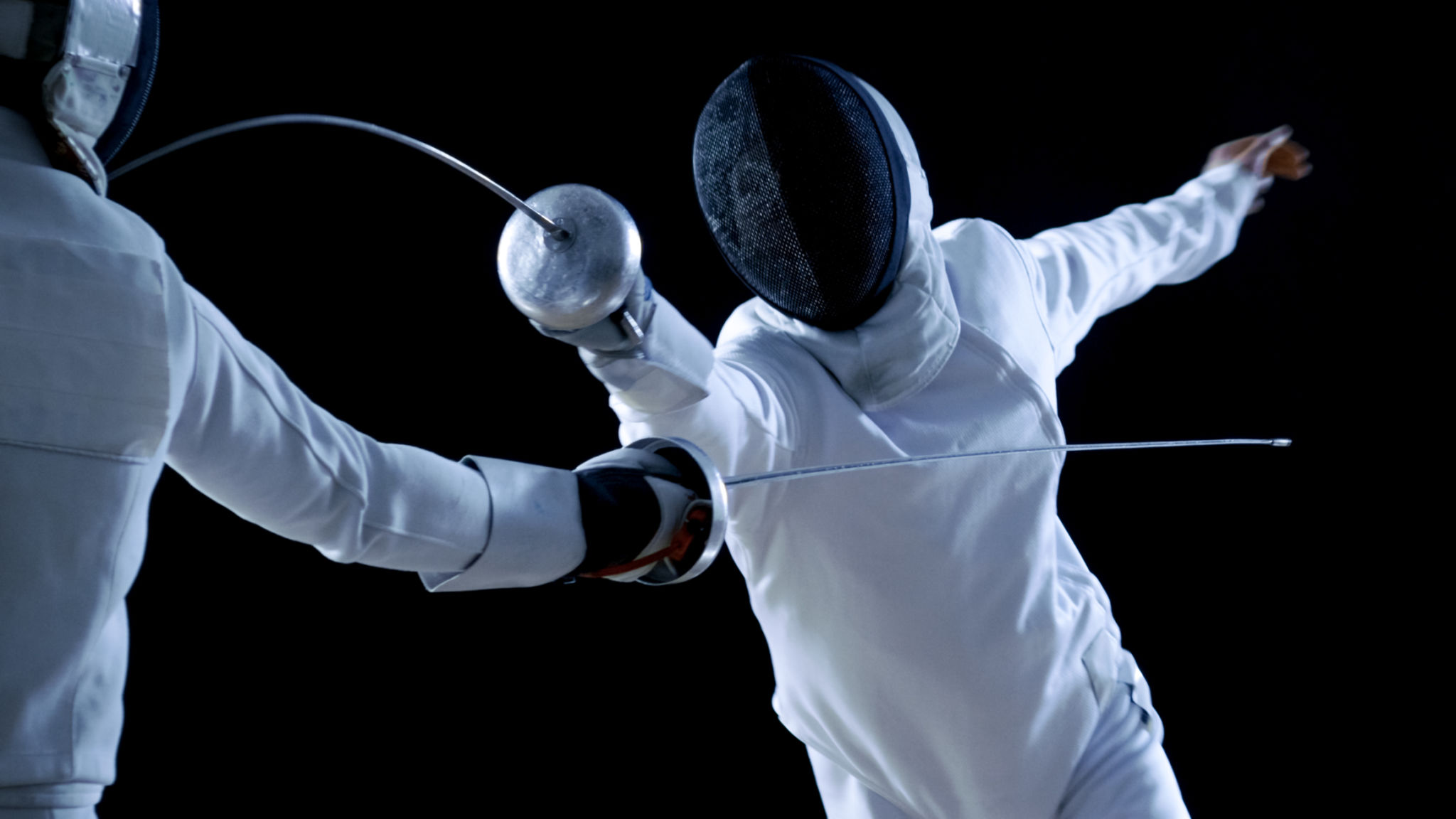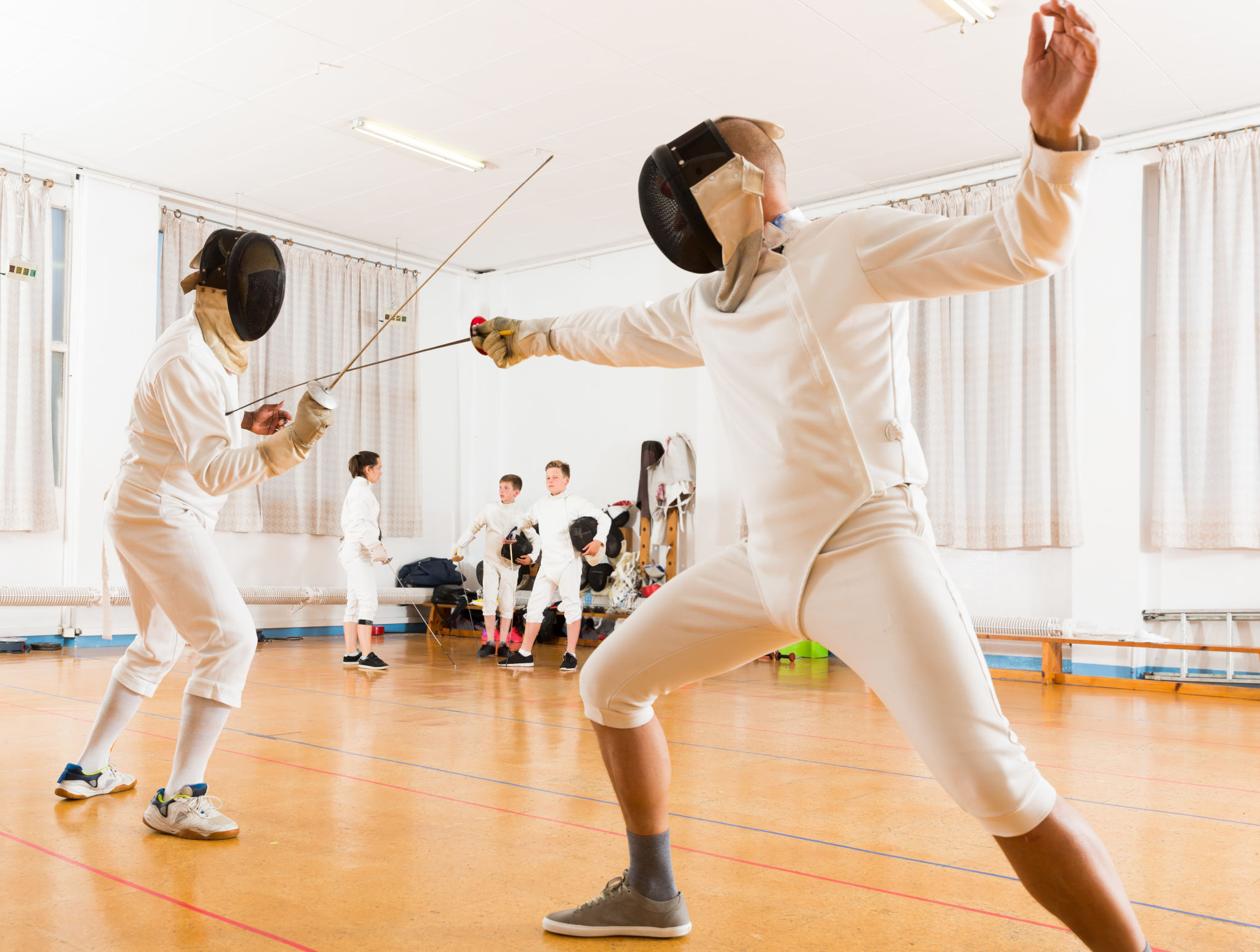Fencing Leadership Training: Building Stronger Teams
Understanding the Importance of Leadership in Fencing
Fencing is not just an individual sport; it’s also about teamwork and leadership. While one might assume that fencing is a solitary pursuit, the role of a leader is vital in building and maintaining a strong, cohesive team. Effective leadership training in fencing can equip team members with the skills needed to perform their best and support each other in competitions.

Key Qualities of a Fencing Leader
Strong leadership in fencing involves a combination of technical skills, strategic thinking, and emotional intelligence. Leaders must be able to guide their team through the ups and downs of competition. Some critical qualities include:
- Communication: Clear and concise communication is essential for effective teamwork.
- Decision-making: Leaders must make quick, strategic decisions during matches.
- Motivation: Keeping the team motivated, especially after setbacks, is crucial.
The Benefits of Leadership Training in Fencing
Leadership training in fencing helps develop these qualities, ultimately leading to a stronger team. When team members understand the importance of leadership and how to implement it, the entire team benefits from improved performance and morale. Moreover, such training can instill confidence in athletes, encouraging them to take initiative both on and off the piste.

Implementing Leadership Exercises
To cultivate leadership skills, coaches can integrate specific exercises into regular training sessions. These exercises may involve role-playing scenarios where athletes must navigate challenges together, encouraging collaboration and decision-making. Additionally, leadership workshops can be conducted to emphasize the theory behind effective leadership.
Creating a Supportive Team Environment
A supportive environment is essential for fostering leadership skills. Encouraging open dialogue among team members allows everyone to express their ideas and concerns, promoting a culture of trust and respect. Coaches play a pivotal role in creating this environment by valuing each member’s input and fostering a sense of belonging within the team.

The Role of Feedback in Leadership Development
Feedback is a powerful tool in leadership development. Constructive feedback helps athletes understand their strengths and areas for improvement. Leaders should be trained to give and receive feedback effectively, creating an ongoing cycle of growth and development within the team.
The Long-term Impact of Leadership Training
The impact of leadership training extends beyond the fencing arena. Athletes who develop strong leadership skills often find success in other areas of their lives, including academics and future careers. The discipline and strategic thinking fostered through fencing leadership training can prepare athletes for a variety of challenges they may face outside the sport.
In conclusion, investing in fencing leadership training is an investment in the future success of both individual athletes and the team as a whole. By cultivating strong leaders, fencing teams can enhance their performance and create a positive, empowering environment for all members.